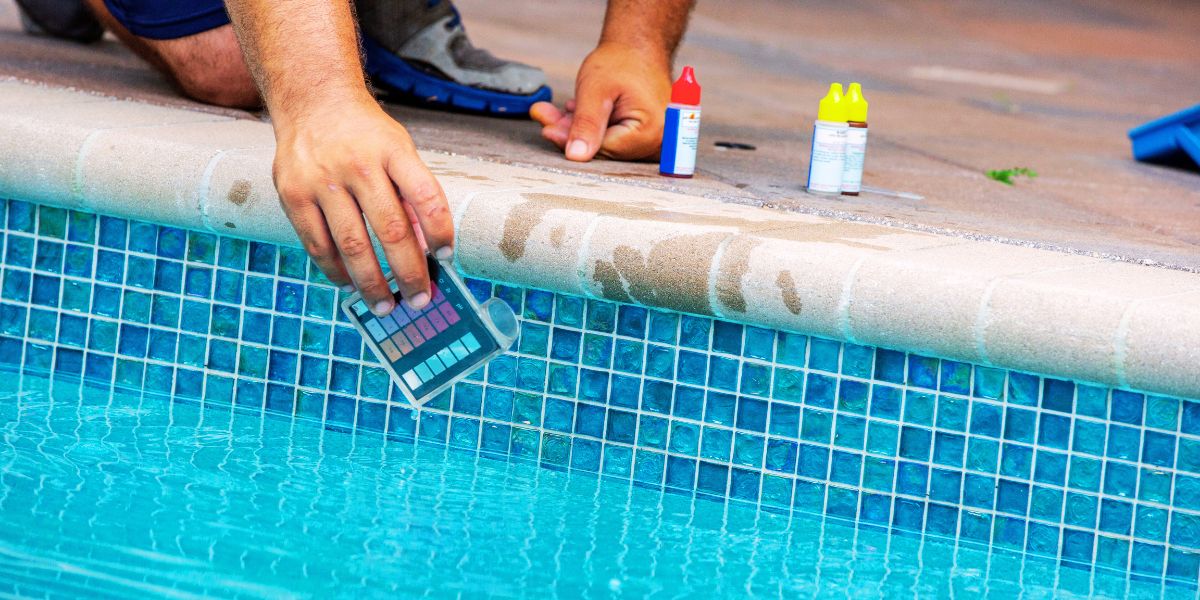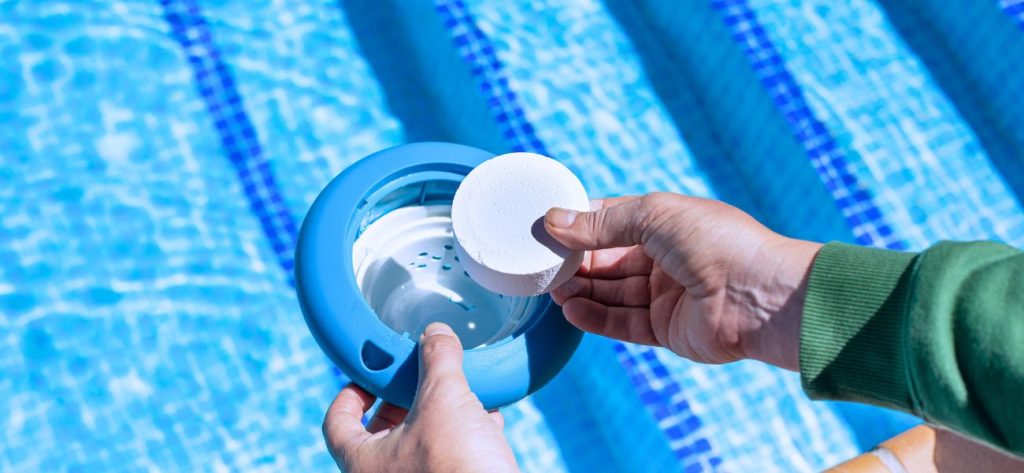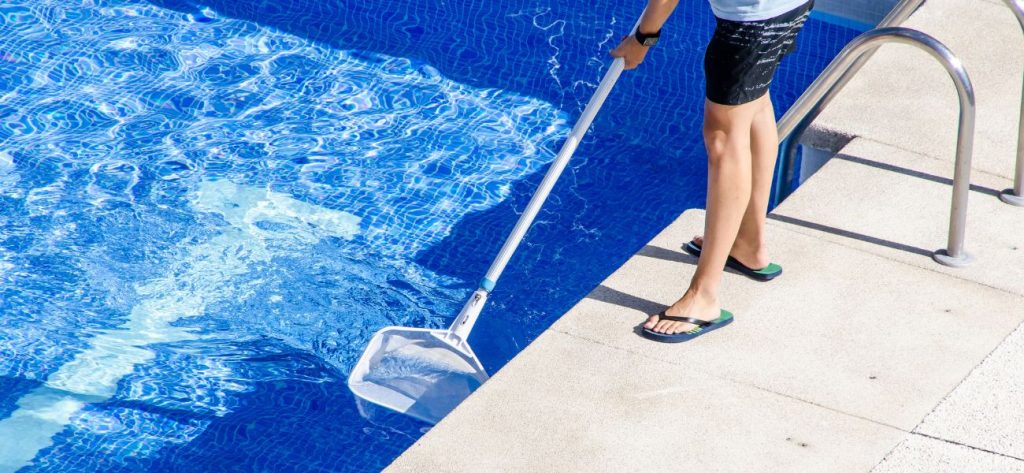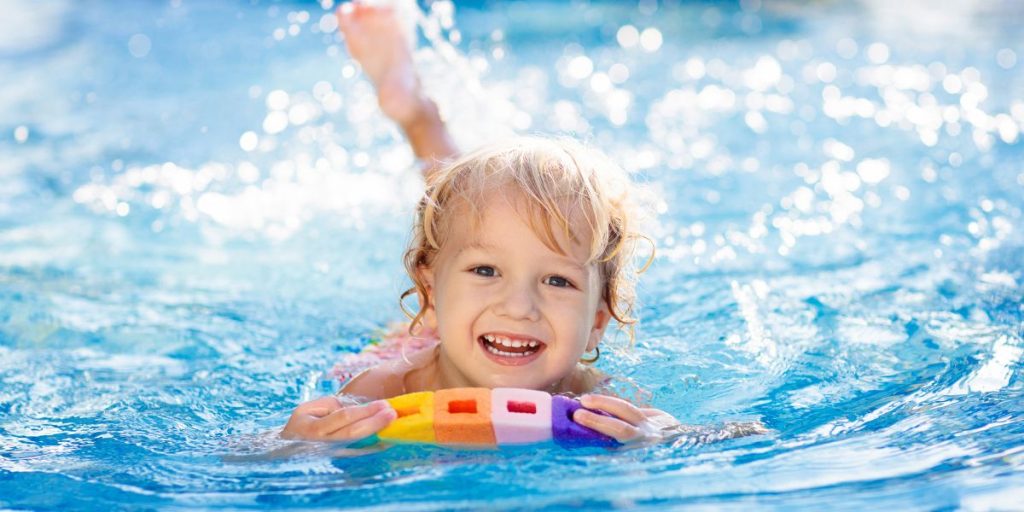A well-maintained pool is an investment that pays for itself. Checking pool chemical levels is a fundamental part of maintenance to extend the life of your pool, save money, and enjoy crystal-clear water. Plus, it can increase your property value. Discover how to care for your investment and keep your pool pristine!
What are pool chemical levels?
These refer to the concentration of different chemicals dissolved in the water. These substances are essential for keeping the water clean, safe, and clear.
Why are they important?
- Disinfection: Eliminates bacteria, viruses, and other microorganisms that can cause illness.
- Water balance: Helps maintain pH, alkalinity, and calcium hardness at optimal levels to prevent problems like corrosion, calcium scaling, and algae growth.
- Water clarity: Contributes to clear, turbidity-free water.
Why is checking pool chemical levels important?
Maintaining properly balanced pool chemical levels is crucial for several reasons:
- Health: Chemical imbalances can cause skin and eye irritation and promote the growth of harmful algae and bacteria.
- Equipment: Chemical imbalances can damage pool equipment like pumps, filters, and liners.
- Appearance: A pool with balanced chemicals looks cleaner and clearer.
Which chemicals should be monitored?
The main chemicals to monitor in a pool are:
- Chlorine: The most common disinfectant and kills bacteria and algae.
- pH: Indicates the acidity or alkalinity of the water. A balanced pH is essential for chlorine effectiveness and swimmer comfort.
- Total alkalinity: Acts as a pH buffer, helping to keep it stable.
- Calcium hardness: Affects water clarity and helps protect pool equipment.
- Cyanuric acid: Stabilizes chlorine, but excessive levels can reduce its effectiveness.

How to check chemical levels
To measure pool chemical levels, use test kits available at specialty stores. These kits usually include test strips or a color comparator. By immersing the test strip in the water or comparing a water sample to a color chart, you can determine the concentration of each chemical.
Check frequency
How often you should check chemical levels depends on factors like climate, pool usage, and nearby trees. It’s recommended to check at least once a week.
What to do if levels are unbalanced
If test results show that chemical levels are out of range, adjust them using specific chemicals. Follow the manufacturer’s instructions and add chemicals slowly and evenly.
Additional tips
- Take water samples from different parts of the pool for a more accurate reading.
- Test at the same time each day, as readings can vary slightly due to factors like sun exposure.
- Keep a record of chemical levels to identify patterns and adjust levels more effectively.
- Consider hiring a pool maintenance service if you lack time or knowledge.
Importance of proper maintenance
Proper pool maintenance not only ensures a safe and enjoyable swimming experience but also extends equipment life and protects your investment. Remember to always follow the manufacturer’s instructions for pool chemicals and consult a specialist if you have any questions.
Why choose Pool Clean Lines Solution?
Our team of highly trained professionals will analyze your pool’s chemical levels and provide personalized solutions. We’ll also help you extend your pool’s life and save money on repairs. Contact us today for a free quote!



